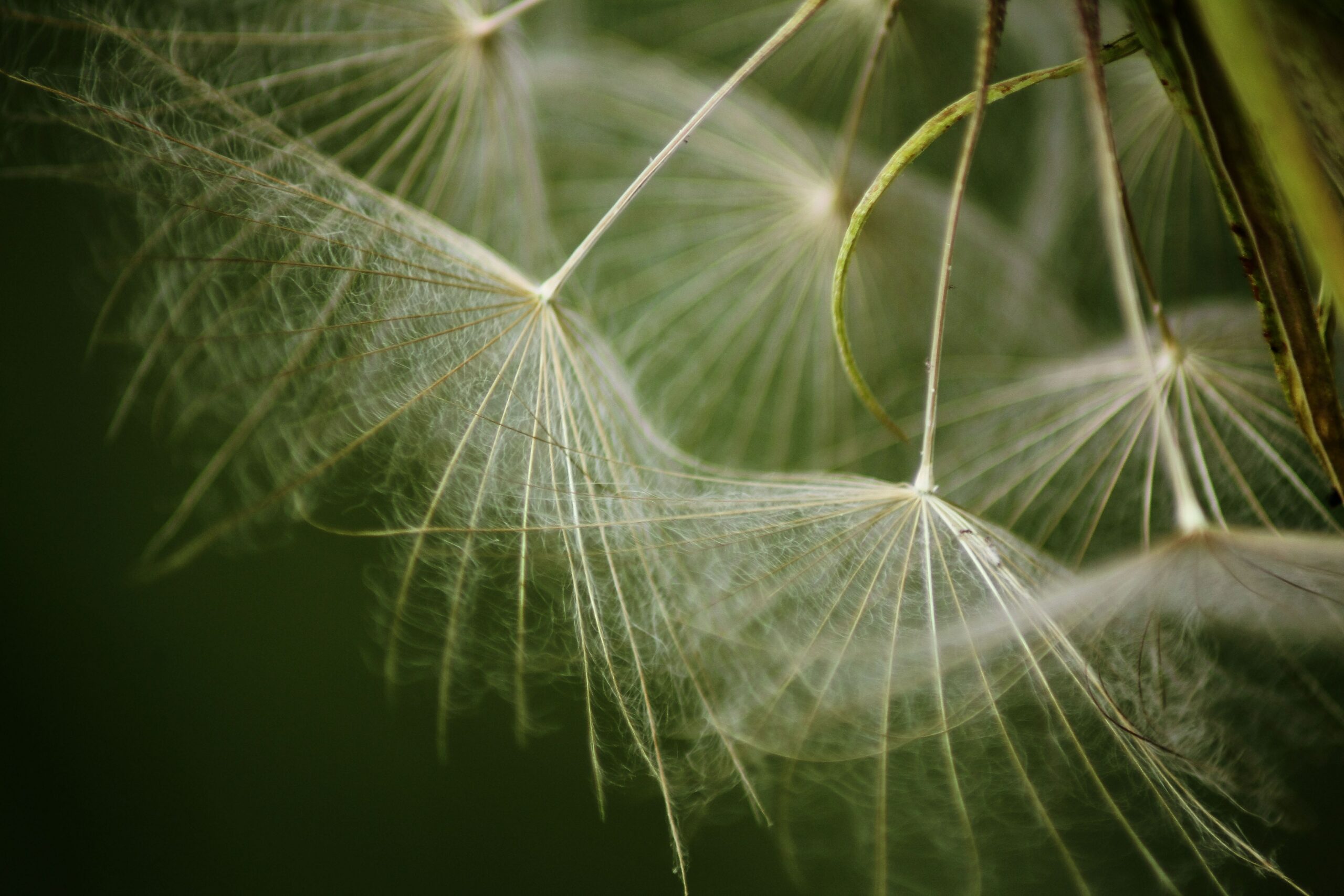
What I’ve been reading…
Oct 5, 2018
Over the last few years, with my life being filled with prep for, moving to, and settling into Oregon, I haven’t made much time for reading.
When I have read for ‘relaxation,’ the books still have been related to naturopathy (to benefit my patients) or food and eating, both normal and disordered (to benefit my students) … until a friend on my last trip back to CT turned me on to Braiding Sweetgrass by Robin Wall Kimmerer. Dr. Kimmerer is a scientist, researcher, mother, and native woman.
Reading this book, my friends benefits me and you and the environment and future generations!
It weaves writings on botany, environmental studies, social justice, health, and spirituality all into one intricate web as they are in nature. It’s set up perfectly in stand-alone chapters that are just the right length for me to take in before bed. What better seeds to plant for my dreams than “use it up, wear it out, make it do, or do without.” (p. 148)
Practicing naturopathy with more of a nature cure philosophy has me chatting about life choices with my patients all the time – food, movement, and relationship to self, others, and something greater (a mantra my patients hear again and again!; read my September 2018 blog post for more details). Organic vs conventional foods and pesticide residues. Paying attention to sunrise, noon sun, sunset, and the moon cycle in order to reinforce your natural circadian rhythm. Tuning in to and trusting the information your body supplies. Using safer home cleaning products and personal care products. Prioritizing local and regional food sources. Making mindful choices to encourage not only your own health but also Earth’s health. This book speaks to all of these things way more articulately than I can! Her writing moves me, gives me goosebumps, bring tears to my eyes and has me nudging my husband each night with a “can I read you this?” It’s filled with Native tales, botanical science tidbits, relationship cultivation, mothering woes, cautionary tales of conservation, taking only what we need, and respecting plant life as we do that of human. Everything is connected. “So instead, I live vicariously through the photosynthesis of others. I am not the vibrant leaves on the forest floor – I am the woman with the basket, and how I fill it is a question that matters. If we are fully awake, a moral question arises as we extinguish the other lives around us on behalf of our own. Whether we are digging wild leeks or going to the mall, how do we consume in a way that does justice to the lives that we take?” (p. 177)
Kimmerer encourages us to nourish our connections as an antidote to the depression and anxiety that plagues our culture.
“Philosophers call this state of isolation and disconnection “species loneliness” – a deep, unnamed sadness stemming from estrangement from the rest of Creation, from the loss of relationship. As our human dominance of the world has grown, we have become more isolated, more lonely when we can no longer call out to our neighbors.” (p. 209)
I hope that I have excited you enough to run out and buy or borrow a copy today!
Here are words to leave you with, ‘Guidelines for Honorable Harvest’ that have been given through oral tradition. “But if you were to list them, they might look something like this:
Know the ways of the ones who take care of you, so that you may take care of them.
Introduce yourself.
Be accountable as the one who comes asking for life.
Ask permission before taking.
Abide by the answer.
Never take the first.
Never take the last.
Take only what you need.
Take only that which is given.
Never take more than half.
Leave some for others.
Harvest in a way that minimizes harm.
Use it respectfully.
Never waste what you have taken.
Share.
Give thanks for what you have been given.
Give a gift, in reciprocity for what you have taken.
Sustain the ones who sustain you and the earth will last forever.” (p. 183)
